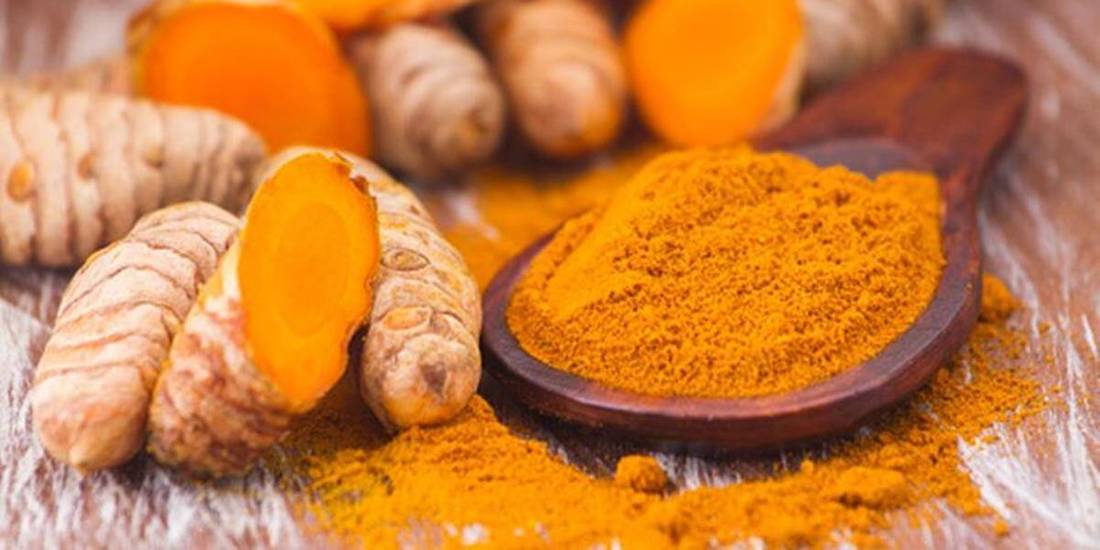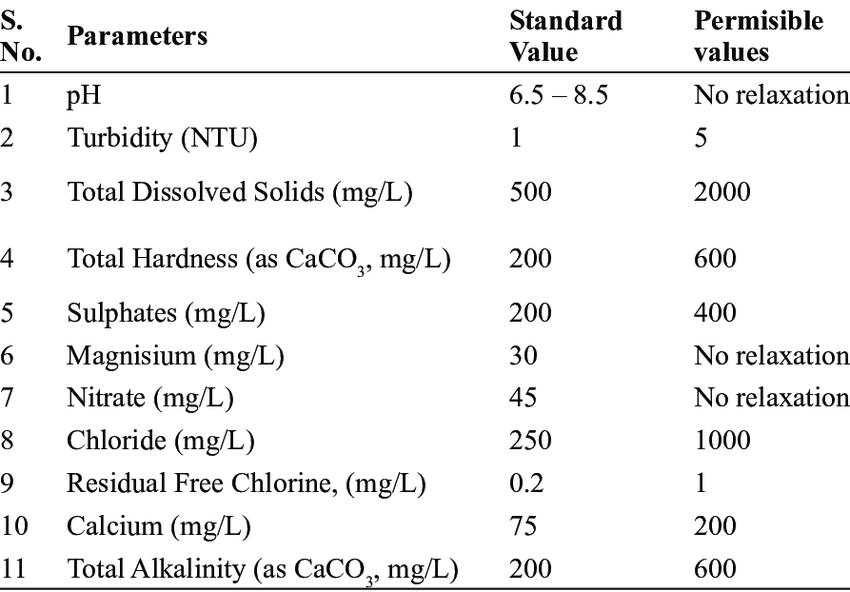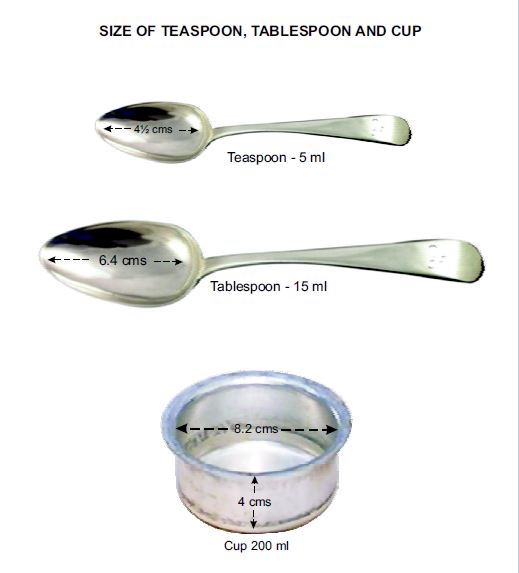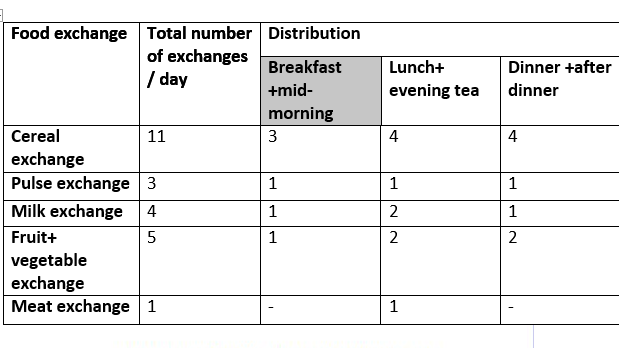Turmeric: Cure for all diseases
Did you know the primary cause of most diseases is inflammation?
We usually relate inflammation to swelling joints or any part of the body. But it shows up in many other ways.
For example, Acne is inflamed skin showing up due to an inflamed gut lining. Once you heal the inflammation, a variety of issues are resolved.
Turmeric is a natural spice that contains Curcumin. This yellow pigment can increase the number of antioxidants in the body.
Our immune system must produce T- cells, and antibodies to fight diseases. Curcumin in turmeric has been proven to increase the production of these cells in the body.
It has been confirmed that turmeric protects from infection of coronavirus. It contains anti-inflammatory, antibacterial, antifungal, and antiviral properties.
A Randomized controlled trial was done on 40 COVID-19 patients for 1-2 Weeks who received either 160 mg nano-curcumin (40 mg capsules taken 4 times per day) or a placebo for 14 days. It was concluded that as an anti-inflammatory herbal-based agent, Nano-curcumin may modulate the increased rate of inflammatory cytokines, especially IL-1β and IL-6 mRNA expression and cytokine secretion in COVID-19 patients may cause an improvement in clinical manifestation and overall recovery.
Its anti-inflammatory property can help in diseases like Hashimoto thyroiditis, rheumatoid arthritis, graves disease, and Crohn's disease.
Did you know: adding black pepper along with turmeric increases its availability by 2000%? Now, you have another reason to enjoy your curries with a dash of warmth in them!
Their potency increases when Curcumin and curcuminoids are extracted from turmeric and provided at high doses.
Inflammatory disease like osteoarthritis has improved symptoms when supplemented with 500mg of Curcumin daily for 16 weeks.
200mg to 1500mg curcumin supplementation over 4-36 weeks in Type 2 diabetes patients have shown improved laboratory measures.
A positive effect of turmeric has been seen on markers of cardiovascular health, like LDL, HDL, triglycerides, and total cholesterol.
Chronic kidney disease is also a result of inflammation, especially when undergoing hemodialysis. When curcumin supplementation was tried on these patients, a significant reduction in CRP (inflammatory marker) was seen.
Although central turmeric-producing states in India are the southern states of Telangana, Andhra Pradesh, Tamil Nadu, and Karnataka, the eastern states of Orissa and West Bengal, and the western state of Maharashtra. Its powder and root are readily available throughout India. It is usually planted during January-March and is ready for harvest after 7-9 months.
Turmeric is a Kharif crop that grows well in a hot and humid climate and prospers in light black or red soil. Sowing of the rootstalk is done during the spring season, and the plant becomes ready to harvest within 7-8 months.
How to use:
- You can add it to your curry.
- You can boil ginger in water and add a pinch of turmeric to it.
- Your bowl of soup will gain color, flavor, and nutrients if you add a hint of turmeric.





